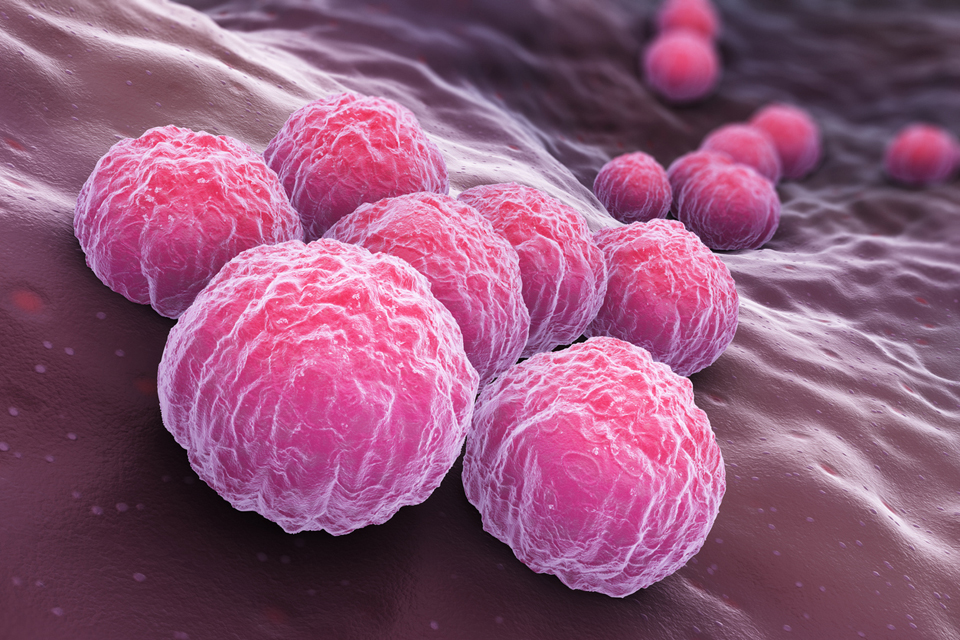
Lea esta hoja informativa en español
Chlamydia is one of the most common sexually transmitted infections (STIs). It is caused by a bacterium that lives in the genital tract, including in vaginal secretions and semen ("cum"), but can also cause infections in the throat and rectum (“butt”). It can be spread by vaginal, oral, or anal sex without a condom or latex/polyurethane barrier. Pregnant people can pass it on to their babies during delivery.
Chlamydia can be successfully treated with antibiotics. Symptoms may include vaginal discharge and burning during urination, but most people do not have any symptoms. If left untreated, it can spread to the upper, internal reproductive organs (ovaries and fallopian tubes) and cause pelvic inflammatory disease (PID). PID can lead to permanent infertility, meaning that it may be difficult or impossible to become pregnant. The bacterium can also cause an infection in the butt with symptoms such as rectal pain, discharge and bleeding.
The US Centers for Disease Control and Prevention recommends yearly chlamydia screenings for all sexually active women under the age of 25, as well as for older women with risk factors, such as new or multiple sex partners. Unfortunately, recent reports show that fewer than half of sexually active women under 25 are screened for chlamydia, in part because of a lack of awareness among health care providers. If you are not offered a chlamydia test, you may want to request one from your health care provider.
If you test positive and are treated, it is important that your partner receive treatment in order to prevent reinfection.
View our full fact sheet on Sexually Transmitted Infections or Diseases (STIs or STDs)

